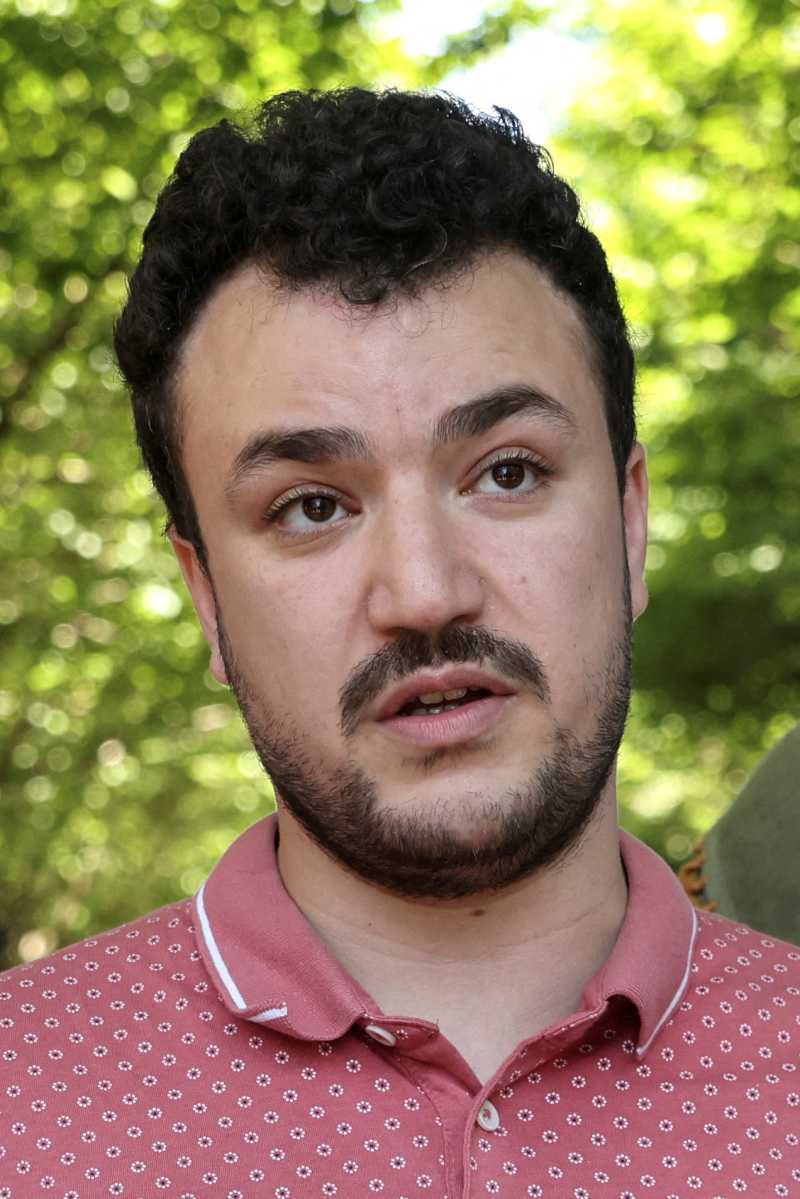By Simon Evans
MANCHESTER, England (Reuters) – FIFA has been urged to reveal more about its monitoring of construction sites at World Cup venues in Russia and Qatar in a report by its Human Rights Advisory Board.
The report, published on Thursday, welcomed FIFA’s new approach, such as including commitments to human rights in the bidding process for hosting future tournaments and the creation of a human rights policy.
Yet the panel, which includes human rights experts from various organizations, called for further measures.
“What matters now is that FIFA demonstrate meaningful steps on the most urgent priorities – meaning those that can have the most severe impacts on people,” the report said.
FIFA said it “welcomes the recommendations of the Advisory Board formulated in this report and sees them as helpful guidance for its efforts to further strengthen its systems toward ensuring respect for human rights.”
Much of the criticism of FIFA’s record on human rights has focused on workers’ rights at stadium and facility construction in Russia and Qatar, which will host the World Cups in 2018 and 2022 respectively.
FIFA has set up what it calls “monitoring systems” for construction work in Russia and Qatar, but the board said information on the results of their operation and findings should be made public.
“This is essential to build greater stakeholder trust in the work that is already being done, as well as plans to address remaining gaps and challenges,” said the board.
Qatar is keen to show it is tackling allegations of worker exploitation and the International Organization for Labour (ILO) on Wednesday dropped a case against the Gulf state over its treatment of foreign workers.
Regarding Russia, however, the report said FIFA needed to “strengthen the work to address human rights risks in relation to the 2018 FIFA World Cup in Russia, including labor conditions”.
Jane Buchanan, Assistant Director, European and Central Asia Division of Human Rights Watch, an organization which declined an invitation to join the FIFA board, agreed that soccer’s governing body needed to detail the monitoring.
“There is just so much that FIFA has to show in terms of what it is doing,” she told Reuters.
“There is just no public information about the nature, the quality, the kinds of inspections that are going on (in Russia) and so there is no way to evaluate whether it is effective. We are simply asked to take FIFA’s word for it and I think that is hard for a lot of people.”
The report also called on FIFA to be transparent when cases of human rights abuses emerge.
“Where critical human rights issues arise in connection with its operations, it is important for FIFA to make prompt factual statements about its knowledge of the situation that can be shared with relevant expert and/or directly involved stakeholders, ” it said.
(Reporting by Simon Evans; Editing by Toby Davis)
















